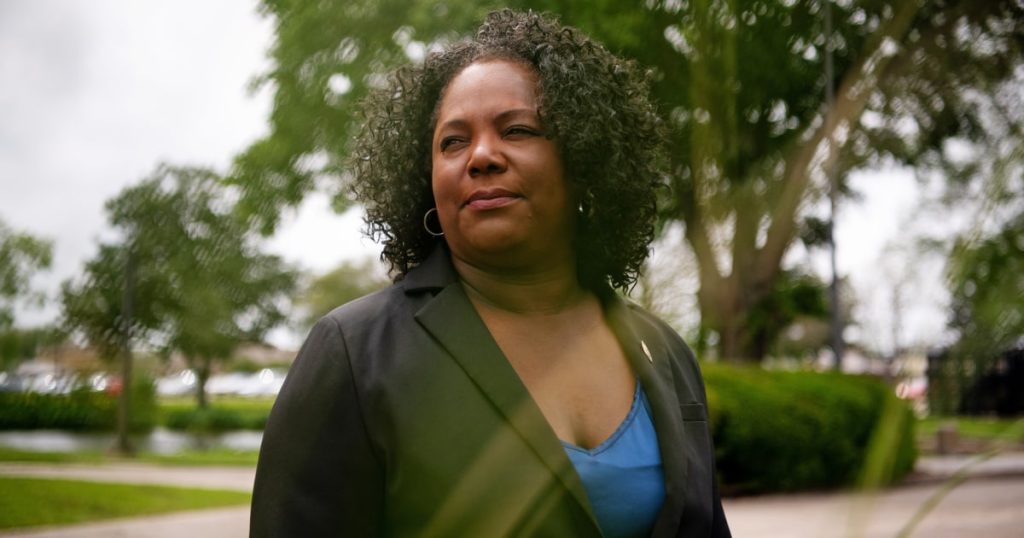Rep. Delisha Boyd, who was born in 1969 to a 15-year-old mother after a statutory rape, has been advocating for exceptions for rape and incest in Louisiana’s abortion ban. The state currently prohibits abortions without these exceptions, allowing them only in cases of certain fetal conditions or if the pregnant patient’s life is at risk. Despite broad support for such measures nationally, Louisiana’s political landscape makes it difficult to pass such legislation. The state is now among at least 11 others that have severely restricted or banned abortion without exceptions for rape or incest, with penalties for doctors who violate the law.
Before the Supreme Court overturned Roe v. Wade in June 2022, Louisiana had three abortion clinics. However, after the ban went into effect, these clinics closed, resulting in a significant decrease in reported abortions statewide. Out of the abortions reported in 2021, at least 37 patients cited rape or incest as the reason for seeking an abortion. Boyd has been reintroducing her bill to add exceptions for rape and incest, motivated by her mother’s experience as a rape survivor who struggled with the trauma until her death at the age of 28.
Doctors, advocates for rape survivors, and abortion-rights supporters have expressed concerns about the impact of the abortion ban on victims of rape and incest. Dr. Nicole Freehill, an OB-GYN in New Orleans, has treated pregnant rape survivors and questions why someone should be forced to carry a pregnancy resulting from rape to term. While some survivors have been able to travel out of state for abortion care, barriers such as distance and financial constraints make accessing these services challenging. Planned Parenthood Gulf Coast supports Boyd’s bill, acknowledging the importance of providing care for survivors in the state.
Boyd shared her mother’s story at a committee hearing last year to illustrate the harm of not having exceptions for rape and incest in the abortion ban. She emphasized the importance of allowing survivors to make their own choices regarding their pregnancies rather than imposing restrictions. However, the bill ultimately failed along party lines, and this year’s bill may face similar challenges. Despite efforts to garner support from fellow lawmakers, Boyd has encountered resistance, even from Democrats like Rep. Patricia Moore, who cited religious beliefs as the basis for her opposition to the bill.
The debate surrounding exceptions for rape and incest in Louisiana’s abortion ban highlights a complex intersection of religion, politics, and personal beliefs. While some advocate for providing survivors with the autonomy to make decisions about their pregnancies, others argue that every child has a purpose and should be given the opportunity to live. The challenge of passing legislation that addresses the needs of survivors while navigating the state’s conservative landscape remains a significant hurdle for advocates like Rep. Delisha Boyd. As the state grapples with these issues, the outcome of future legislative proposals will continue to shape the access to abortion care for survivors of rape and incest in Louisiana.


